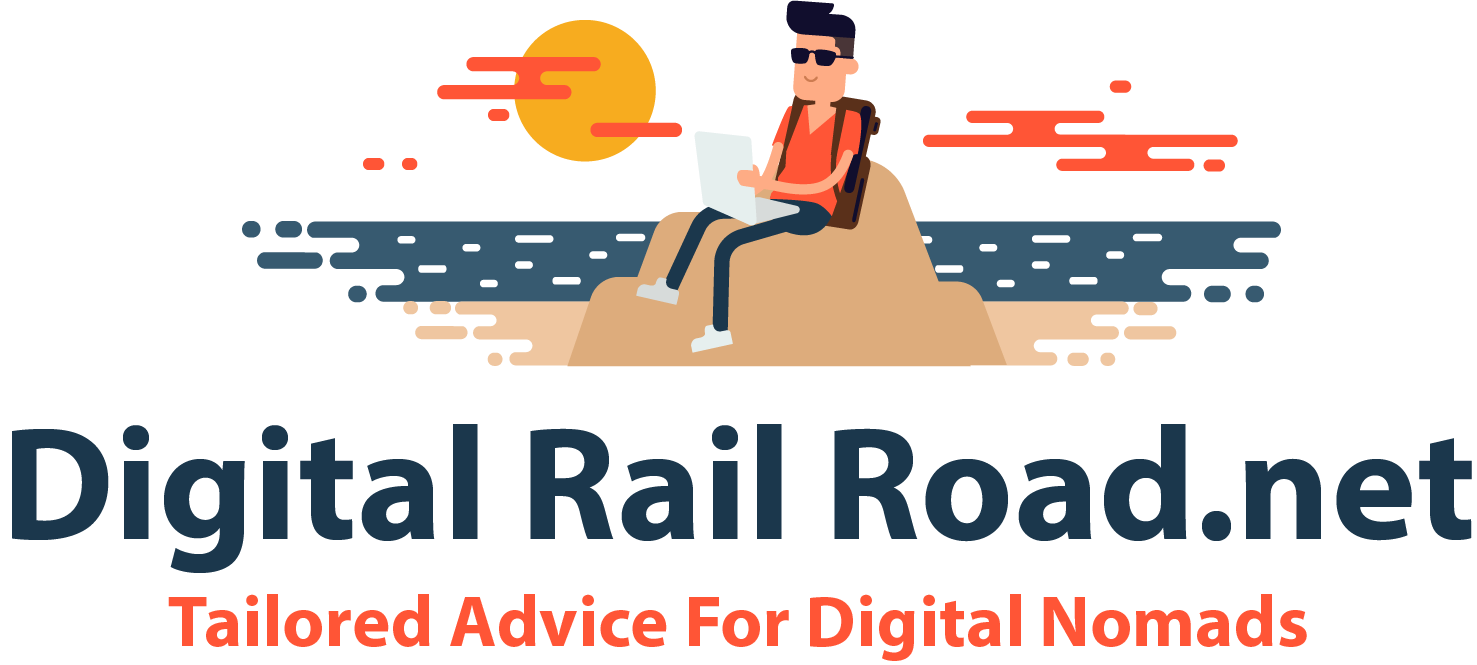In the digital age, where data is the foundation of nearly every business decision, the power of understanding and optimizing communication cannot be overlooked. For modern businesses that rely heavily on customer interactions, call reporting has emerged as a vital tool to achieve operational success, deepen customer relationships, and make data-driven decisions.
But what exactly is call reporting, and why is it so essential for contemporary organizations? Let’s explore its importance and reveal how a call reporting solution can transform the way companies operate.
What is Call Reporting?
Call reporting is the process of tracking, analyzing, and leveraging data from voice communications between businesses and customers. This often includes details like call duration, call volume, time of calls, agent performance metrics, missed calls, and caller demographics. With advanced tools, businesses can drill even deeper, gaining insights into customer concerns, common frustrations, and response times.
Call reporting is not just about gathering data but translating it into actionable insights. These metrics offer unparalleled opportunities to assess performance across touchpoints that directly influence customer satisfaction and retention.
Why is Call Reporting Important for Modern Businesses?
1. Improved Customer Experience (CX)
A seamless and responsive customer experience defines a business’s success. Call reporting allows organizations to identify recurring service or product issues based on customer calls. By understanding common pain points or frequent inquiries, businesses can refine their approach to solving problems more proactively.
For example, if reports show an increase in missed calls during certain hours, adjustments can be made to staffing or scheduling to minimize customer frustration.
2. Empowered Decision Making
Businesses that rely on guesswork often risk wasted efforts or missed opportunities. Call reporting provides hard data that facilitates confident, strategic decision-making. Patterns in call data can influence major decisions, such as identifying high-traffic times, creating targeted marketing campaigns, or optimizing customer support hours.
With a comprehensive call reporting solution, leaders can anticipate trends, allocate resources effectively, and act before challenges escalate.
3. Enhanced Team Performance
Tracking metrics like average call handling time, resolution rates, or agent performance can help managers evaluate their teams effectively. The data allows businesses to celebrate top-performing employees, identify skills gaps, and implement targeted training to improve efficiency. Continuous monitoring ensures the team is functioning at its peak, ultimately contributing to overall productivity.
4. Revenue Growth Opportunities
Call reporting can reveal untapped revenue opportunities. For instance, businesses can segment customers based on call data and create highly personalized upsell or cross-sell campaigns. Additionally, analyzing the sales patterns visible in call data can lead to sharper sales strategies, positively impacting the bottom line.
5. Compliance and Security
Modern businesses are increasingly required to adhere to regulations regarding customer data and communications. Call reporting ensures that companies maintain compliance by documenting and securely storing communications data. By doing so, businesses can create an auditable trail while protecting sensitive information.
How to Successfully Implement Call Reporting
The implementation of call reporting into an organization’s workflow begins with the right tools and strategy. Here’s how businesses can optimize their call reporting efforts for success:
- Invest in the Right Solution: A feature-rich call reporting solution makes all the difference. Look for platforms that can integrate with your existing systems while offering intuitive dashboards and robust analytics.
- Define Clear Goals: Before collecting call data, know what you want to achieve. Defining KPIs is vital—whether it’s improving response time, increasing sales calls, or optimizing customer support.
- Educate Your Teams: A call reporting system is only as effective as the people using it. Train your team on how to interpret data insights and use them to enhance their performance and decision-making.
- Frequent Monitoring: Data trends change over time. Regularly check your call reports to ensure they align with business objectives and offer new opportunities for growth.
The Future of Call Reporting
Call reporting is no longer just about tracking basics like call volume or length. With advancements in artificial intelligence (AI) and machine learning (ML), businesses can now extract deeper insights, including sentiment analysis, predictive analytics, and speech recognition. These innovations will further empower organizations to understand customers on an emotional level and respond with unprecedented precision. The integration of AI will also help automate repetitive reporting tasks, freeing up more time for decision-making and strategic planning.
Final Thoughts
Call reporting is more than a tool—it’s a gateway to better communication, smarter decisions, and stronger business performance. By adopting an advanced call reporting solution, modern businesses can stay ahead of the competition, foster lasting customer relationships, and unlock a consistent flow of opportunities.
If you’re ready to take your business operations to the next level, it’s time to start tracking success through call reporting.
